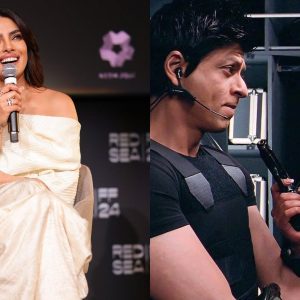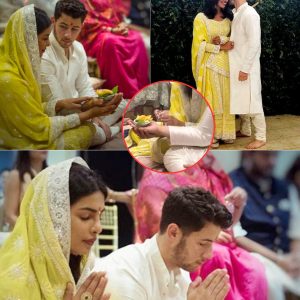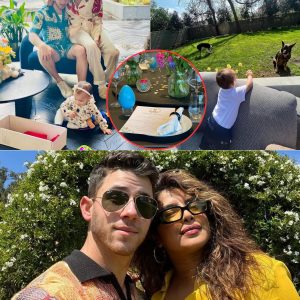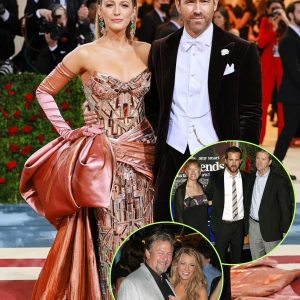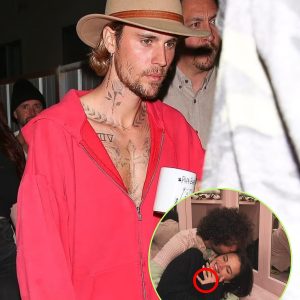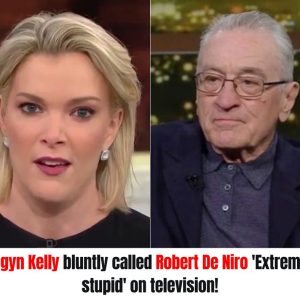In recent hip-hop controversies, a rift between Jay-Z and Lil Wayne has come to the forefront once again, reigniting past tensions between these two industry titans. At the heart of the drama is the 2025 Super Bowl halftime show, where Kendrick Lamar has been chosen as the headlining act.
Many fans and industry insiders are questioning why Lil Wayne, a New Orleans native and legendary rapper, was overlooked for the event happening in his hometown. This decision has sparked outrage, with accusations flying that Jay-Z, in his role as the NFL’s entertainment consultant, had a hand in snubbing Wayne.

The hip-hop community has been vocal about their dissatisfaction. Numerous artists and fans believe that Lil Wayne, with his extensive career and deep ties to New Orleans, should have been given the spotlight. Notably, Master P, a fellow New Orleans icon, expressed his frustration, stating that while Kendrick Lamar is deserving of the honor, the NFL and Jay-Z missed a major cultural moment by not including Wayne. He emphasized the importance of giving artists their flowers while they are still active and relevant, especially someone like Wayne, who has made significant contributions to the music industry and the city of New Orleans.
The controversy doesn’t end there. Some speculate that Jay-Z’s decision may be rooted in past conflicts between him and Wayne. During his podcast, rapper Cam’ron hinted that the choice to exclude Lil Wayne could be a form of “payback” for unresolved issues between the two. He suggested that Jay-Z’s influence in the NFL might have played a role in keeping Wayne off the stage. This theory has only added fuel to the fire, with many fans questioning Jay-Z’s motives and accusing him of letting personal grudges interfere with business.
Adding to the complexity of the situation, Nicki Minaj, a close associate of Lil Wayne, also joined the conversation, openly criticizing Jay-Z. Nicki, known for her outspokenness, accused Jay-Z of being “spiteful” and claimed he was intentionally blocking Lil Wayne due to his ties with Cash Money and Young Money, furthering the narrative that personal conflicts are affecting professional decisions. Nicki also dragged Jay-Z’s right-hand woman, Desiree Perez, into the fray, alleging that she was part of a larger conspiracy against Lil Wayne and other Young Money artists.

Drake, another artist with close ties to Wayne, has also been subtly implicated in this feud. After the Super Bowl announcement, a post featuring Kendrick Lamar and Jay-Z was shared on Instagram with Drake’s song “30 for 30 Freestyle” playing in the background. This track is notable for its lyrics about “higher-ups” conspiring to end his reign, leading some fans to speculate that Drake believes he is being targeted by Jay-Z as well.
The uproar has sparked broader conversations about the treatment of New Orleans’ hip-hop legends by the NFL. Boosie Badazz and Juvenile, both prominent Louisiana artists, have voiced their displeasure with the NFL for continuously overlooking local talent in major events held in New Orleans. They argue that this is not just about Lil Wayne, but about a pattern of disrespect toward the city’s rich musical heritage.
As the debate rages on, one thing is clear: the decision to exclude Lil Wayne from the 2025 Super Bowl halftime show has struck a nerve in the hip-hop community. Whether or not Jay-Z’s influence played a direct role, the situation has reignited long-standing tensions and raised important questions about the intersection of business, personal grudges, and artistic recognition in the music industry.
